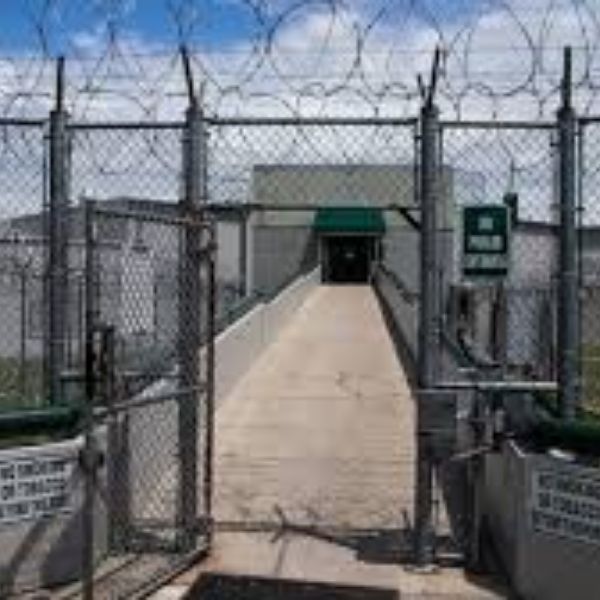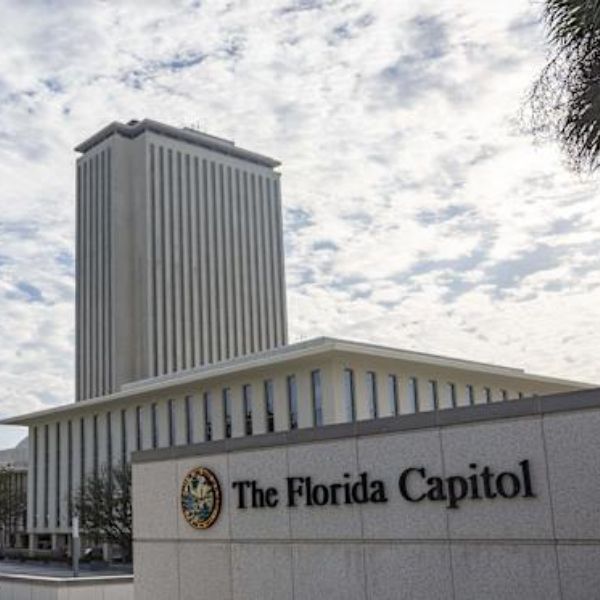PepsiCo is shutting down a Florida bottling plant that has operated for nearly six decades, a move that will cut about 500 jobs and deeply affect the community that grew around the facility. The closure is part of the company’s broader effort to consolidate production into fewer, more modern locations as demand and costs shift across the soft drink industry.
What’s closing and who’s affected
The company is phasing out operations at its long-running Florida bottling and distribution complex. Around 500 employees — most working in production, warehouse operations, and distribution — will lose their jobs. A smaller number of administrative and supervisory positions will also be eliminated. PepsiCo says production will shift to other facilities in its network and that the Florida site will stop manufacturing and large-scale warehousing once the changeover is complete. The company plans to offer severance and job placement assistance, but has not guaranteed how many workers can transition into other PepsiCo roles.
Why the plant is closing now
PepsiCo says the decision fits into its strategy to streamline its North American beverage operations. The company is pushing for more efficient plants with modern equipment that support newer packaging formats. Older sites with outdated bottling lines and costly maintenance don’t fit into that plan. Rising costs for ingredients, packaging and transportation have also made companies reassess their manufacturing footprints. PepsiCo has been trimming higher-cost and underused facilities around the country, and the Florida plant appears to fall into that category.
Impact on workers and the community
The layoffs will roll out in phases, giving workers some time to look for new opportunities but prolonging uncertainty for many families. For employees with specialized bottling or warehouse roles, finding similar work in the local area may be difficult. The surrounding community is also expecting a financial hit. A plant this size supports not only direct employees but also contractors, suppliers and nearby small businesses that depend on worker spending. Local officials are working with PepsiCo and state agencies on retraining options and potential redevelopment of the property, but there’s currently no replacement employer lined up.
How the closure fits into PepsiCo’s strategy
The shutdown reflects PepsiCo’s wider push to shift production toward larger, more flexible hubs equipped with high-speed lines, energy-efficient technology and digital inventory systems. Consolidating plants helps the company cut fixed costs, negotiate better deals with suppliers and run more efficient production cycles. But these changes often leave long-established local plants — and the communities they support — on the losing end.
What’s next for the site
In the short term, the focus is on winding down operations and supporting workers as they transition. Some may find openings at other PepsiCo facilities or with competing beverage distributors. Others may need retraining to move into new fields like logistics, manufacturing or construction. Longer term, what happens to the physical site will help determine how quickly the local economy recovers. Industrial real estate in parts of Florida has attracted interest from e-commerce, cold storage and manufacturing companies, and local leaders say they hope to see the property reused rather than sitting empty. Until that happens, the loss of a 60-year Pepsi plant will remain a major blow to the region’s job market.
This article has been carefully fact-checked by our editorial team to ensure accuracy and eliminate any misleading information. We are committed to maintaining the highest standards of integrity in our content.














Leave a Reply